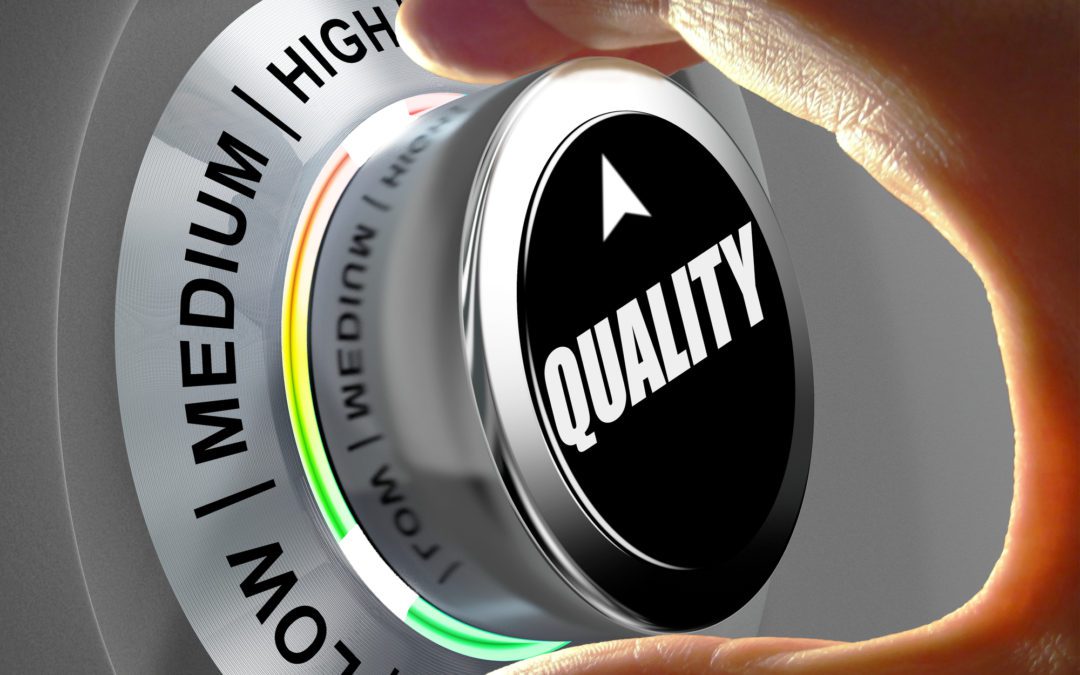With the state of pollution worldwide as a direct result of manufacturing plants and daily human activity, the quality of air has become an essential aspect for most households. If the air quality in your home is poor, it can aggravate respiratory diseases or allergies, and according to the Environmental Protection Agency, the air inside your home is two to ten times worse than the air outside. These stats beg the question, ‘do UV lights improve your indoor air quality?’
The Statistics of Air Quality
People are aware of the external air pollution as there are nearly six million commercial buildings in the United States. However, people don’t realize that the air inside their facilities – especially their homes – is just as toxic as commercial spaces. People working in these conditions are susceptible to allergies and other illnesses. According to the EPA, even the most industrialized cities are less toxic than some homes.
People spend 90 percent or more of their time indoors. It certainly has increased with organizations now allowing their employees to work from home. The main culprits for tainting indoor air quality are cigarette smoke, household chemical cleaners, radon, mold, and asbestos. If you’re living around areas where there are wildfires, the smoke does enter your home and can harm the occupants.
Improving the Air Quality Indoors
The EPA suggests three methods to improve indoor air quality – controlling or removing the source, ventilation, and air cleaners. Some people tend to opt for green plants, but scientists have stated that this doesn’t contribute to improved air quality. Using efficient air filters in your HVAC unit and changing them after every six to 12 months can make a slight difference in your indoor air quality.
Eliminating the source of pollution or reducing their emissions contributes to a healthier environment. Asbestos can be contained by sealing or enclosing the area while you can regulate the emissions of specific components such as gas stoves. It is by far the more cost-effective approach to improving air quality. If you had a biological contaminant, the problem is greater, which leads to the question, ‘do UV lights improve your indoor air quality?’
Ventilation means allowing the air from outside to come in and dilute the pollutants. In the absence of heating and cooling systems, you’d have to open doors and windows to welcome in the air from outside. The HVAC system is sufficient to filter the air and remove pollutants while dumping them outside. However, if it’s not installed correctly and maintained, it will fail in its duty to usher in higher air quality.
There are various types and sizes of air cleaners available. While some can be effective, others not so much.
The Answer to the Question, ‘Do UV Lights Improve Your Indoor Air Quality?’
The short answer is yes; UV lights do contribute to better air quality. The sun generates ultraviolet rays, which are nature’s air purifier. UV-C is a wavelength or shortwave ultraviolet radiation that destroys bacteria and other contaminants in the air, liquids, and foods.
These UV rays break through the external membrane of yeast, mold, bacteria, and viruses, which slowly destroys the microbe. The simplest method of using UV rays in your home is via your HVAC system. Ultraviolet germicidal irradiation (UVGI) has been studied for centuries, with the Center for Disease Control recommending UV lamps for their germicidal effects. They destroy all pathogens that come into contact with its rays. These systems are beneficial to people living with allergies or other chronic respiratory conditions.
Any home or building can use the UV system within the HVAC unit to purify the air by killing bacteria while it draws in clean air from the outside. However, there is no one-size-fits-all solution for you as the efficiency of the system is dependent on a few factors. The location and size of your HVAC system are essential considerations that may dictate the number of UV lights you require.
Benefits of the System
Whether you’re installing UV rays in a commercial or residential building, you can expect a healthier environment. Consequently, the occupants of the building are less prone to illness. When your place of work installs the same system, you will reduce the number of employees falling ill and, with that, unnecessary sick days.
Conclusion
If you’re constantly having an allergic reaction in your home or workspace, you should consider including UV rays in the HVAC system. Together, these elements kill contaminants and create a space with improved air quality.
Now that you’re confident about the answer to the question, ‘do UV lights improve your indoor air quality?’, you should consider recruiting the services of a reliable HVAC contractor. Only a professional can evaluate your building to determine your exact requirements. As a result, your indoor space will remain healthy, and you create the perfect environment.

